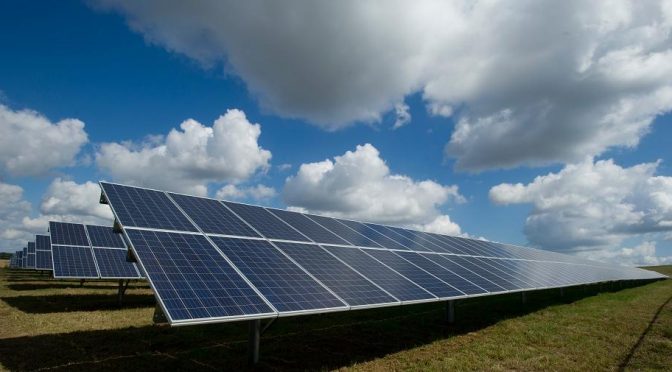Solar PV has established itself as one of the main sources of energy in Brazil, ranking second in the country’s electricity mix with a 19.8% share. This significant growth reflects the sector’s ability to avoid the emission of approximately 57 million tons of CO2 into our atmosphere. In addition, the expansion of solar PV has had a significant impact on the labor market, with the creation of around 1.4 million jobs, strengthening the green economy.
Furthermore, photovoltaic systems are fundamental in the democratization of energy, benefiting more than 4 million consumer units with credits in the public distribution network. This advance has promoted greater energy independence and encouraged the use of renewable resources, in line with a global trend towards increasing environmental sustainability. In Brazil, the role of solar energy is rapidly advancing, standing out as a central pillar for a sustainable and less polluting energy future.
Overview of solar photovoltaic energy in Brazil
Solar photovoltaic energy has increasingly gained prominence in Brazil, representing an emerging sector that is rapidly consolidating itself in the national energy scene. The Brazilian Association of Solar Photovoltaic Energy reveals that the states with the highest number of plants are: in first place, São Paulo, followed by Minas Gerais, Rio Grande do Sul, Paraná, Mato Grosso, Goiás, Santa Catarina, Mato Grosso do Sul, Bahia and, in tenth place, Rio de Janeiro. Since 2012, the use of this sustainable technology to generate energy has brought significant benefits to the environment and the economy. Solar photovoltaic energy prevented the release of 57 million tons of CO2, one of the most harmful greenhouse gases, paving the way for a greener future.
Economic and Environmental Contributions of Photovoltaic Solar Energy
Not only does the environment benefit; photovoltaic energy is also an ally of economic development. It has already generated more than 1.4 million new jobs in the country over the last decade, demonstrating its positive social impact. In addition, more than 4 million consumer units in Brazil are saving on electricity rates through credits obtained through the Electric Energy Compensation System, according to data from Absolar until September 2024. Thiago Müller Martins, a specialist engineer, highlights that the essence of this innovative system is to convert sunlight into electricity, through functional photovoltaic systems in practically any location.

The inexhaustible and clean nature of solar energy makes it ideal for those seeking ecological solutions and savings. Thiago Müller Martins, manager of alliances and energy at Quantum Engenharia, describes that the company has executed more than 150 photovoltaic system projects in Brazil, with the expectation of generating 360 GWh in the next 25 years. This will avoid the emission of around 190 million kilograms of CO2, comparable to 1.2 million kilometers traveled by a car or the planting of 5 million trees. In addition, Quantum Engenharia plans to build another 9 plants in the second half of the year, destined for various sectors, from companies to judicial bodies.
Structure and Applications of Photovoltaic Systems
The process of converting sunlight into electricity is achieved through solar panels equipped with photovoltaic cells, which are mostly composed of semiconductor materials, such as silicon. When exposed to light, these cells release electrons generating electric current, which powers electrical devices or is stored in batteries. The flexibility of photovoltaic systems allows them to be used in different sizes, from small residential installations to large plants and even on water surfaces.
Variety and Economy in Photovoltaic Energy Systems
Photovoltaic solar energy can be implemented in isolated systems, known as Off Grid, where all electricity is generated and consumed in one place, or integrated into the public grid, called On Grid. In the latter case, the surplus produced is converted into credits, which substantially reduces consumers’ electricity bills. According to the Brazilian Photovoltaic Solar Energy Association, more than 4 million consumer units already benefit from the compensation system in Brazil, guaranteeing both savings and sustainability.


